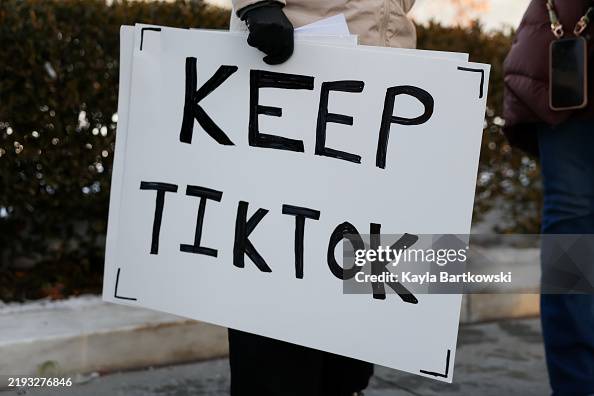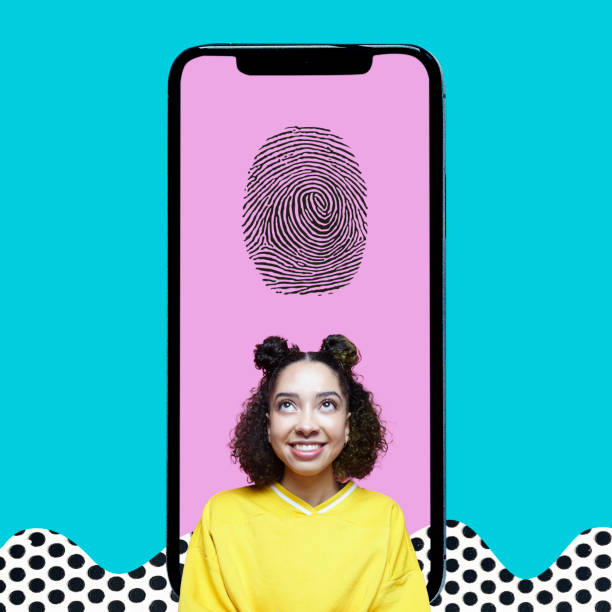TikTok, one of the most popular apps in the world, is currently facing the possibility of being banned in the United States. The app has acquired hundreds of millions of users, with people spending hours a day scrolling through videos perfectly curated for each individual’s interests. Despite its remarkable success, it is currently at the center of a significant debate regarding whether or not it poses a security threat to those who have it downloaded.
The app is owned by ByteDance, a Chinese internet technology company, which has raised concerns about the potential sharing of user data with the Chinese government. Critics argue that this situation presents a national security threat, especially since TikTok has access to the personal data of millions of people worldwide.
In April 2024, President Joe Biden signed a law mandating that the app either be sold to a U.S. company or shut down completely. With the current owner of TikTok refusing to sell the app, the ban is scheduled to take effect on Sunday, January 19, 2025. However, before this can happen, the Supreme Court must first decide whether the ban is constitutional. The Justices have not yet announced their ruling, but there is skepticism about the legality of the ban.
Opponents of the ban argue that it violates the First Amendment, as it limits Americans’ freedom of speech and access to information under the pretense of protecting national security. There are also concerns about those who receive income from the app. Hundreds of creators have quit their jobs to become full-time influencers, and are now at risk of losing that title. Additionally, the app has played a significant role in helping small businesses gain visibility, many of which rely on the platform for their success.
In response to recent concerns, TikTok has attempted to accommodate American users and demonstrate its commitment to security. The platform has relocated data storage for U.S. users to American servers, established transparency centers to allow regulators to better understand its operations, and proposed that U.S. companies oversee certain aspects of its functions. Despite the app’s efforts, skepticism from the government persists.
If the ban does take place, it’s unclear what will happen to the downloaded app on people’s phones. It is speculated that the app will remain on phones, but updates will no longer be available. This will cause the app to become slower, and eventually unusable for Americans. However, it has also been said that the app will simply not allow you to open it, much like when India banned the app in 2020.
At this moment, TikTok’s future is uncertain. The government faces a critical decision: either ban the app due to concerns about user data security or create a regulatory framework that addresses these issues while still allowing the platform to function. This controversy sheds light on the country’s broader challenges in balancing technology, politics, and privacy in an increasingly digital landscape.



















Kloie • Mar 6, 2025 at 10:48 am
Real